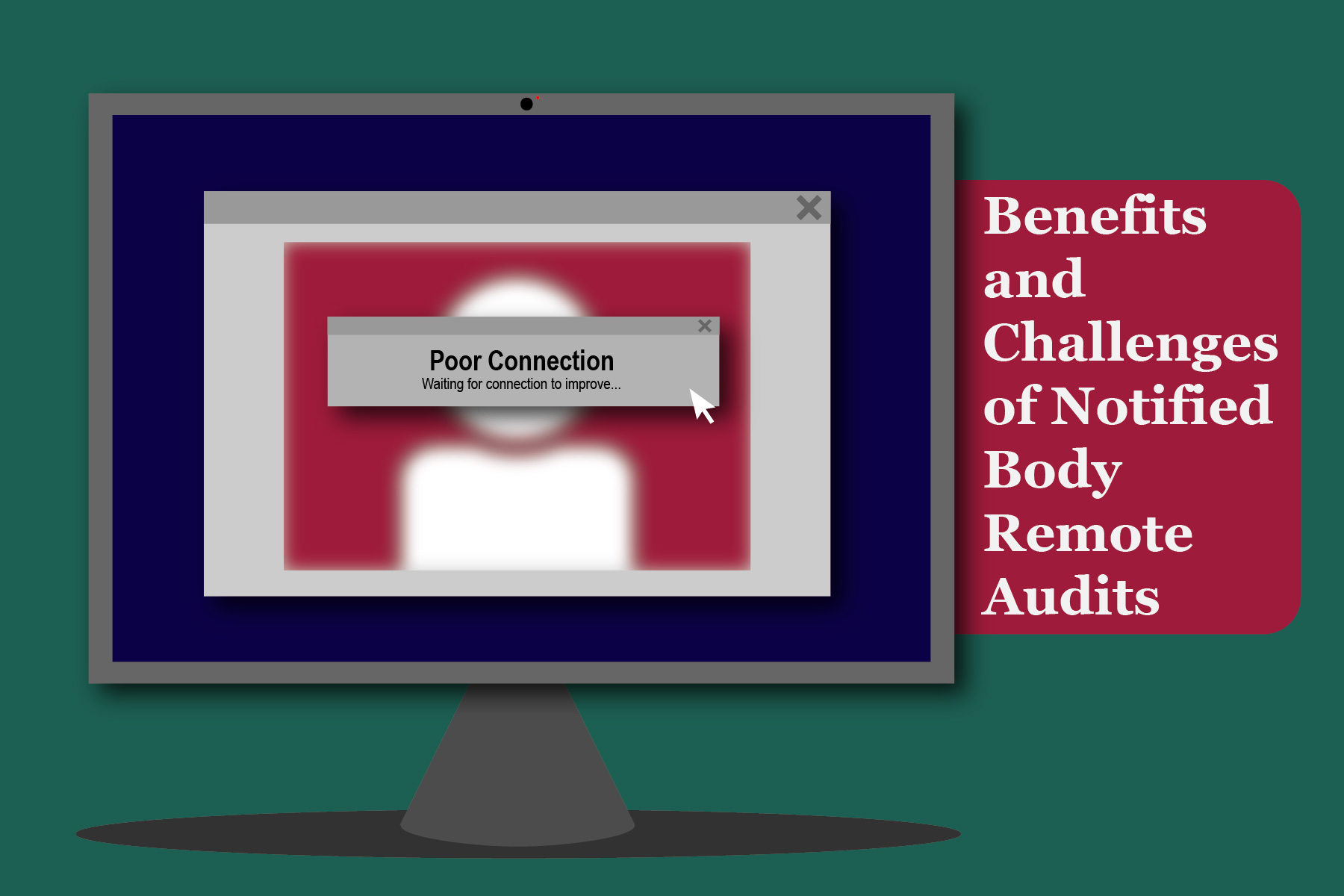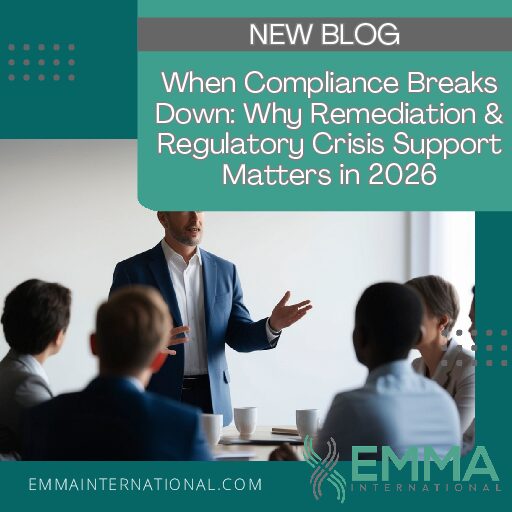Many people had to transition to a remote work environment amidst the COVID-19 pandemic, with Notified Bodies being no exception. This meant that medical device companies had to be audited virtually, which left many unsure as to how successful a remotely conducted audit could be. Although remote auditing has been addressed in ISO 19011:2018 (Guidelines for Auditing Management Systems) and has generally been used on a case-by-case basis, it has never been the preferred way to audit firms.1 Without face-to-face interaction and the ability for the auditor to walk through and see operations first-hand, could remote audits truly give an accurate assessment?
Team-NB, the European Association of Medtech Notified Bodies, conducted a survey of its members in October to try and learn more about the industry’s experience with remote audits. Of the 37 Notified Bodies surveyed, only one said the experience was unsuccessful, with the other 36 stating that their remote audits were generally successful.2 Utilizing web conferencing tools like Microsoft Teams, Zoom, and Skype has allowed auditors to complete activities required to audit a firm such as virtually tour facilities, interview people, and view documents.
When asked if there were any added benefits to conducting remote audits, Notified Body teams stated that less need for travel was the top benefit. Less time spent traveling meant auditors could utilize their time toward actually conducting the audit, allowing for a more efficient and thorough audit. Additionally, remote audits meant that subject matter experts based in other countries or locations could easily participate.
When asked about the challenges of remote audits, the answers were not surprising. Notified Bodies responded that the #1 obstacle to conducting remote audits was poor network connections or other IT issues. Over half of the Notified Bodies said that remote audits take longer, mainly due to IT issues coupled with normal delays seen in audits, such as firms having to search for documents. Another downside of virtual audits is rooted in psychology; the lack of face-to-face interaction means it will be harder for auditors to detect sub-conscious signals from auditees, which can sometimes point them to a nonconformance.
As it stands, any risks posed by virtual audits are overruled by the necessity to perform them during the COVID-19 public health emergency. Considering the forthcoming transition to the MDR and IVDR, Notified Bodies could experience a backlog of assessments if they were to pause until they could conduct in-person audits. If you need help preparing for a virtual Notified Body audit, EMMA International can help! Contact us at 248-987-4497 or email info@emmainternational.com to see how our team of experts can help.
1ISO (May 2019) ISO 19011:2018 retrieved on 11/22/2020 from: https://www.iso.org/standard/70017.html
2Team-NB (October 2020) Remote Audit Survey Analysis retrieved on 11/22/2020 from: https://www.team-nb.org/wp-content/uploads/2020/11/NBM-065-20-Survey-Remote-Audits-Oct-2020V2.pdf.pdf




